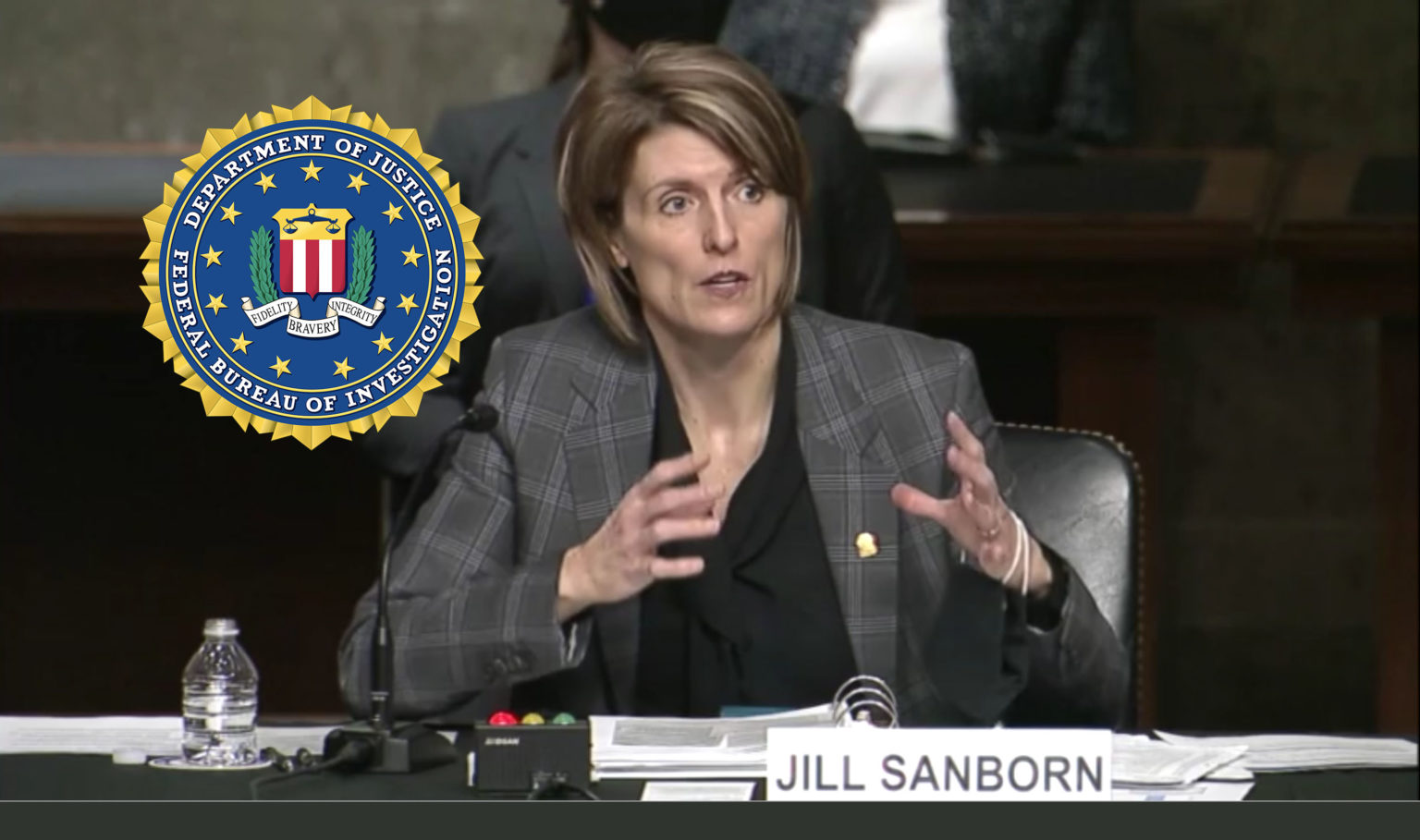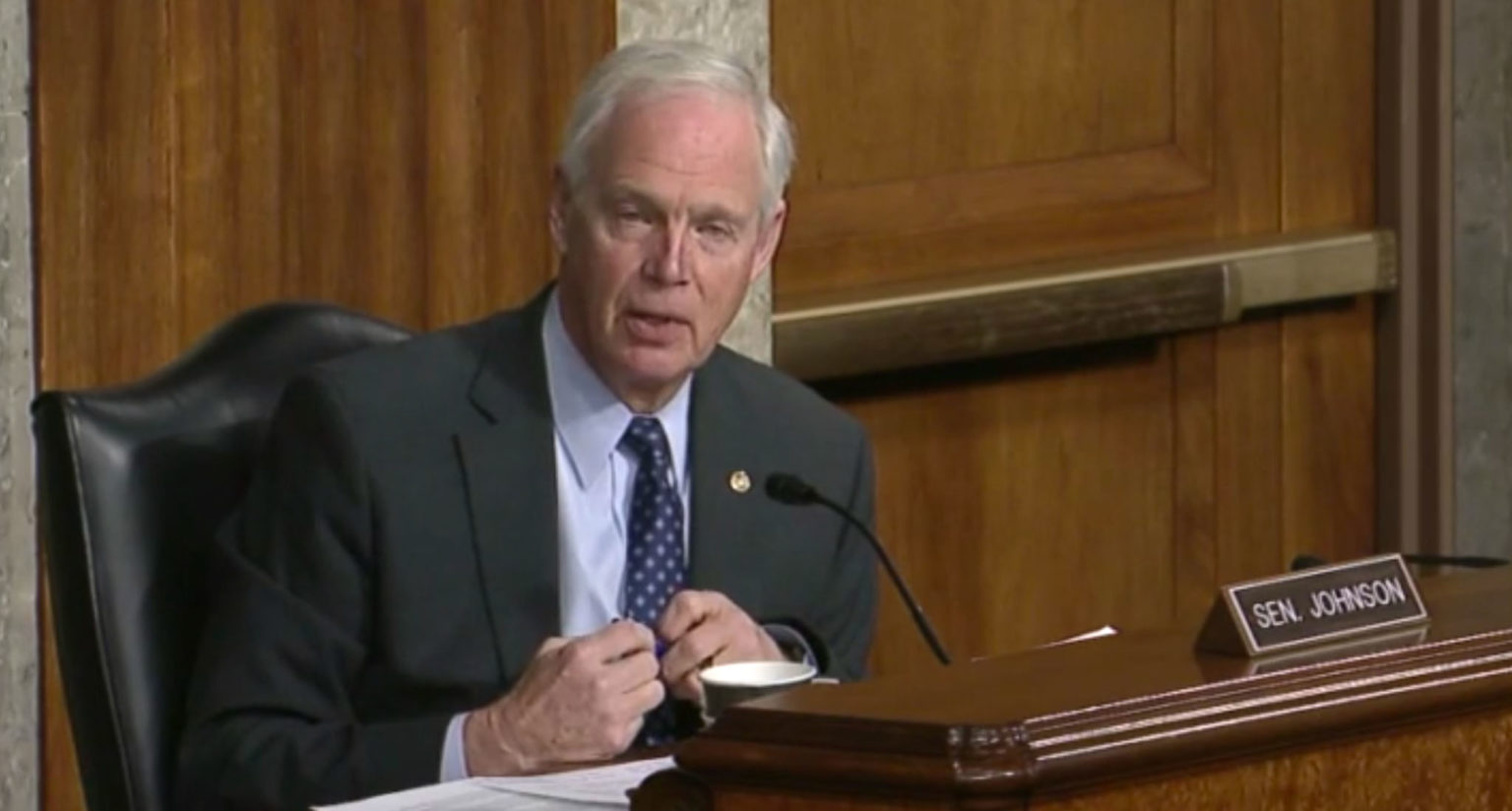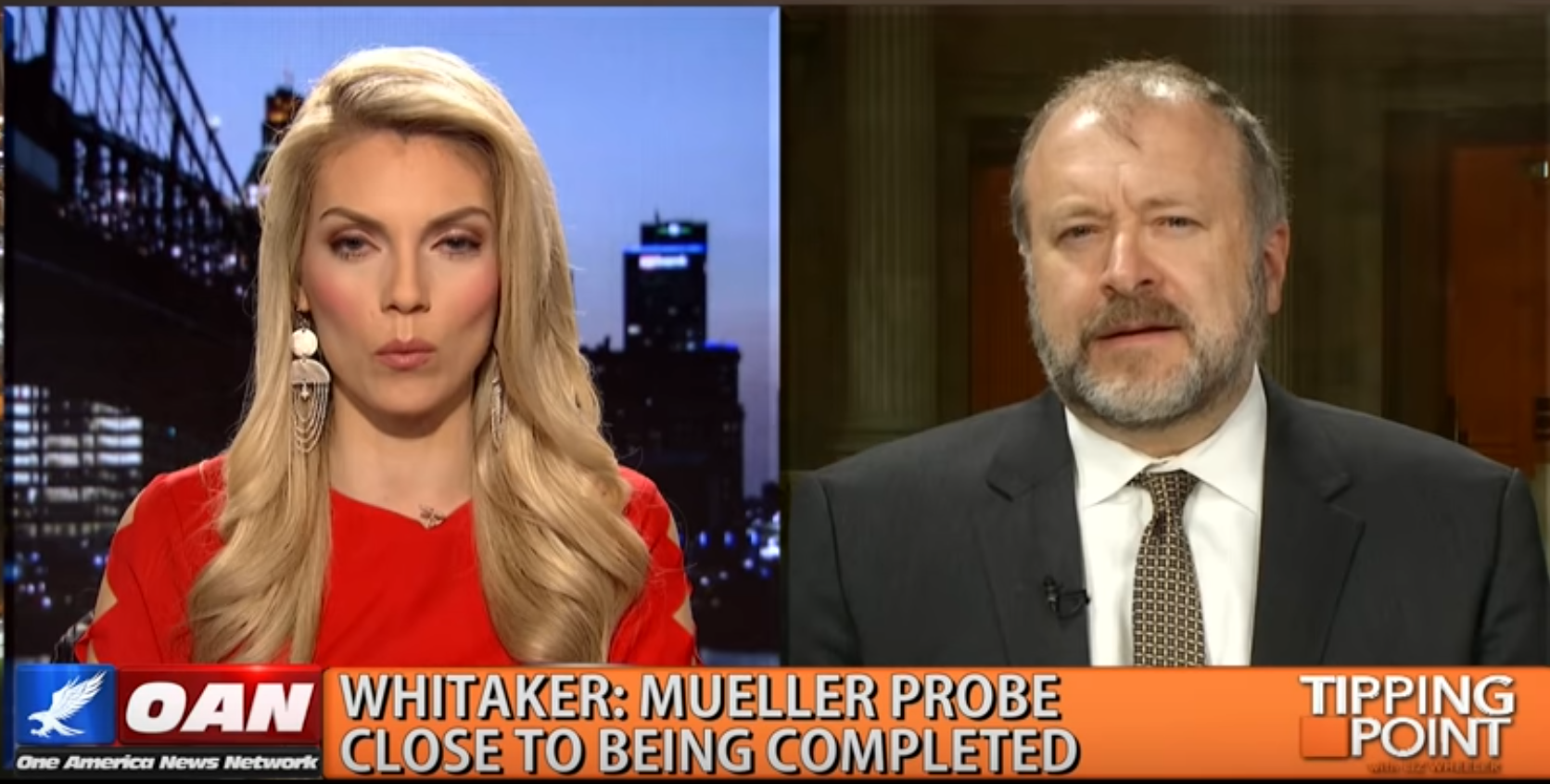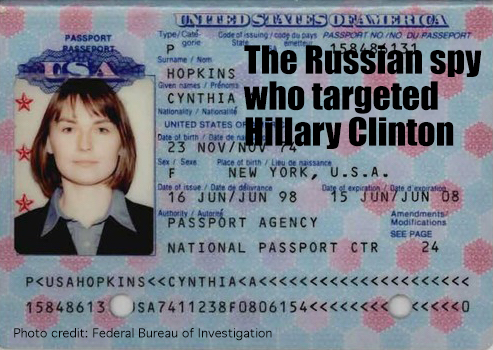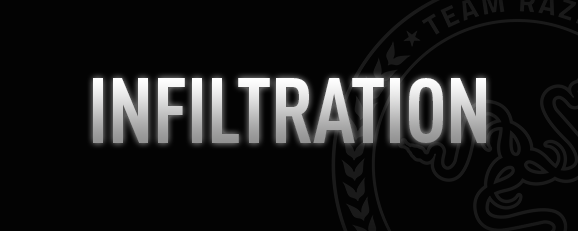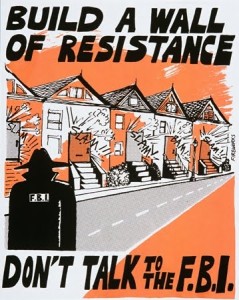By J Michael Waller, Insight magazine, April 2, 2001 The latest spy scandal involving FBI agent Robert Hanssen reveals America’s weakened ability to defend against espionage and a woeful lack of will to do anything about it. Coca-Cola has kept its formula a secret since the 1800s. Kentucky Fried Chicken has never let the competition get its hands on Col. Sanders’ original recipe. So why has the U.S. government lost its most sensitive secrets to foreign spies? Julius and Ethel Rosenberg were executed for passing secrets concerning atomic weapons to Josef Stalin only months after Harland Sanders started franchising the chicken business from his service station and restaurant in Corbin, Ky. While the Kentucky colonel successfully guarded his recipe and production methods, the U.S. government continued to hemorrhage everything from the identities of its agents to ultrasecret cryptography, spy-satellite manuals and designs of nuclear weapons. The Feb. 18 arrest of senior FBI agent Robert P. Hanssen on charges of espionage for Russia was just the latest in a series of scandals involving the federal government’s inability to protect the secrets of spycraft and research and development that keep the American people safe and free. While espionage and the human frailties that lead men to betray their country are facts of life, the U.S. government has been slow — some say criminally negligent — to take the necessary measures required to reduce foreign penetration of this country’s most sensitive institutions. All countries of any consequence practice espionage — an activity older than Scripture — to advance their interests against their neighbors or to ensure their survival. That doesn’t mean the United States should not defend against it, security and intelligence experts say, especially when it strikes at national security. And that is at the core of current debate. American political leaders are quick to wring their hands and make bold threats in the weeks following the arrest of an alleged traitor, but the fact is they have a long record of dropping the ball. Policy recommendations made to block security vulnerabilities after the so-called “Year of the Spy” in 1985 have yet to be implemented 16 years later. When the FBI uncovered the KGB spy ring led by John Walker in 1985 (actually, family members turned him in), President Reagan retaliated against the Soviets in no uncertain terms. Reagan decapitated Moscow’s espionage presence in the United States by ordering the expulsion of 95 KGB officers who were working here under official cover in embassies, consulates, trade missions and other facilities across the United States. That simple action destroyed much of the KGB’s carefully built presence in the United States. By contrast, when the FBI arrested CIA officer Aldrich Ames as a Russian spy in 1994, President Clinton did nothing. Later, a couple of Russian intelligence officers who had been handling Ames were sent packing — but quietly, so as not to embarrass the Kremlin. Intelligence specialists tell Insight that now, with February’s arrest of senior FBI counterintelligence agent Hanssen as a spy for Vladimir Putin’s Russia, President Bush finds himself at a crossroads. He can emulate his hero, Ronald Reagan, or he can follow the Clinton route. The Bush administration has described the Hanssen case as one of the most devastating acts of treason in U.S. history. FBI Director Louis J. Freeh calls Hanssen’s alleged espionage “the most traitorous actions imaginable” inflicting “exceptionally grave” damage on national security. Attorney General John Ashcroft says, “The arrest of Robert Hanssen for espionage should remind every American that our nation, our free society, is an international target in a dangerous world. In fact, the espionage operations designed to steal vital secrets of the United States are as intense today as they have ever been.” But while the FBI builds a body of evidence that even the federal judge hearing the Hanssen case calls extraordinarily strong, intelligence experts note, the government of KGB veteran Putin appears to be getting away scot-free. So what should the United States do? Freeh ordered a comprehensive review of FBI information- and personnel-security programs to detect cases of betrayal within the bureau and to help prevent such breaches from occurring. Judge William Webster, who has directed both the FBI and the CIA, is conducting the review. But clearly, a review of FBI security procedures is just one small part of the solution, say national-security specialists. “The recovery from this must be a concerted bipartisan effort on [Capitol] Hill and done with the closest cooperation with the Bush administration even to begin to repair the damage” says John Wobensmith, a former senior National Security Agency official now with the Institute of World Politics in Washington. Indeed, say Capitol Hill sources, matters of security, counterintelligence and intelligence are among the last areas where political partisanship tends to stop at the water’s edge, so the potential for advancing remedies is strong. A bipartisan approach to improving security and counterintelligence after the 1994 Ames arrest helped create the working relationship between the FBI and CIA that apparently allowed the CIA to play a key role in identifying Hanssen as an alleged Soviet penetration agent. According to information in the affidavit filed in federal court after Hanssen’s arrest, the CIA appears to have provided the FBI with intelligence from Moscow that pointed to Hanssen. Hanssen’s attorney, Plato Cacheris, declined an Insight request for an interview. Cacheris has said that Hanssen will plead “not guilty — for now” He did not say that his client is innocent or that the charges against Hanssen are false. He appears to some to be trying to open the door for cooperation by Hanssen that will save the alleged traitor from execution. Cacheris also served as Ames’ defense counsel and as counsel to Monica Lewinsky. If penetration of the U.S. government by foreign agents and influence is to be stopped, say experts, attitude matters. Even with a general bipartisan consensus, however, Congress has not shown a sustained interest in passing the necessary laws to stop foreign spying. Recent history shows that official Washington is too easily distracted and tends to lose interest once the headlines and public outrage have dissipated, notes Kenneth deGraffenreid, a senior National Security Council official under Reagan. In the early 1990s, the FBI slashed its counterintelligence forces to head off even deeper cuts that Congress was demanding. Until the Ames arrest, the CIA was viewed as so arrogant that it scornfully dismissed those who suggested it was vulnerable to espionage. The academic and policy community dealing with security and intelligence was equally dismissive of such concerns. That attitude stifled creative thinking that could have pointed out vulnerabilities, say counterespionage experts. A Boston University graduate student, basing his research entirely on articles in the open Soviet press concerning the discovery and execution of government and military officials accused of spying for the West, wrote a hypothesis in 1989 that the KGB had penetrated the office responsible for Soviet affairs within the CIA Directorate of Operations. When he presented the theory to his professor, a veteran of the intelligence world and a hard-liner concerning the Soviets, he was surprised at the response. “I agree with your theory” the professor said. “It is entirely plausible and maybe even probable. But if you write anything about it as a graduate student, all the `experts’ will laugh you out of a career.” The student never wrote the paper and, discouraged, never went into government service. Five years later, Ames — who had worked in the very subunit the student had identified — was arrested. Security procedures had been so lax that Ames’ CIA colleagues failed to question his depression, alcohol abuse, unexplained wealth and other signs that often profile a betrayal. After the unmasking of Ames, the CIA lost its smugness about its own security and began a rigorous personnel-security program, including more-systematic polygraphs, with the FBI’s help. But the FBI never instituted a similar security program of its own. And it never polygraphed its senior agents, including Hanssen. Polygraphs, commonly called lie detectors, are not foolproof and are far from a cure-all. Manuals available on the Internet show how the guilty can trump the tests, while many innocent people, particularly those with strong religious convictions, perspire and demonstrate stress that, to the polygraph, makes them look guilty. “If polygraphs were either really lie detectors — that is, they worked pretty much all the time and accurately — or they were merely random and worthless instruments, this would be an easy discussion” R. James Woolsey, a former CIA director, said at a recent Institute of World Politics forum on the Hanssen case. “The problem is that they are not” That’s where the person nel-security procedures, now under review, come in. Damage from an espionage case such as Ames’ or Hanssen’s extends far more deeply than the secrets compromised by the acts of treason, according to those assigned official responsibility for evaluating such problems. Cases of trusted officials being accused of betrayal have “a very degrading and debilitating effect on the attitudes and morale of people on the inside seeing this persistent repetition of failure,” notes John Dziak, a retired senior Pentagon intelligence officer. “This effect multiplies the weakness inflicted by the actual espionage itself.” Woolsey is urging a more-aggressive watch for foreign spies operating and running their agents on U.S. territory — particularly those attached to embassies and trade missions. U.S. counterintelligence sources tell Insight that there are more Russian intelligence officers based on U.S. territory now than during the Cold War. A damage assessment, the FBI says, will take months; other experts say it will take years. And damage could continue for decades due to the compromise of highly sensitive and extremely expensive technologies and intelligence processes. “Of equal or perhaps even more serious long-term consequences is that our friends and allies may lose confidence in the U.S. ability to protect sensitive matters, and thus they will be very reluctant to share their sensitive information with us,” says Wobensmith. “It will take considerable amounts of money, new and innovative science and technology, and considerable diplomatic and liaison efforts overseas in order to recover” Most important of all, as Woolsey, Freeh and others have noted, are attitude and long-range thinking. Regardless of public mood, government leaders and the national-security community must remain constantly on guard. Intelligence veterans like to quote John Philpot Curran’s famous 1790 speech upon the Right of Election: “The condition upon which God hath given liberty to man is eternal vigilance.” Yet, every time an espionage scandal fades from public view, official Washington crawls back into its comfy crib and convinces itself that spies as a national-security matter have been thrown on the ash heap of the Cold War. It is no secret that some U.S. officials even persuaded themselves that Soviet espionage against the United States actually was good for national security. That attitude may have helped the country’s potential adversaries in another way. Apart from HUMINT (or human intelligence) against the United States, there is the question of SIGINT (or signals intelligence — electronic intelligence-gathering by intercepting telecommunications and other means). In the mid-1990s, post-Soviet Russia upgraded its huge Soviet-built SIGINT facility in Lourdes, Cuba. The sprawling, 26-square-mile facility was designed to intercept government and private communications across the entire southeastern United States, including Washington. The Clinton/ Gore administration repeatedly resisted Senate attempts to apply relatively minor sanctions on Moscow for its continued use and new upgrades of the Lourdes site. A majority of the Senate objected to pouring taxpayer dollars into Russia as long as Moscow was paying the Castro regime an estimated $200 million a year to rent the land for the Lourdes SIGINT base. So the Senate passed legislation that would cut U.S. aid to Russia by an equal amount. In May 1995 — after the Ames arrest — Undersecretary of State Peter Tarnoff appeared before the Senate Foreign Relations Committee and opposed this docking of aid to Russia because of Moscow’s subsidy for Lourdes. Tarnoff added that although “we are not pleased” by Russia’s electronic spying from Cuba, the Lourdes outpost served U.S. national interests because it helped Russia verify that Washington was not cheating on arms-control treaties. Two years later, in a break with administration policy, Defense Secretary William Cohen told Congress he was “concerned about the use of Cuba as a base for intelligence activities directed at the United States.” But he made no policy recommendations and did not identify Russia by name. In the meantime, the Russians upgraded the site. And more recently, Communist China has built one — possibly two — electronic spy posts on the island, with no objections from Washington. Espionage will never stop. But its damage to U.S. national security can be limited. Only with strong diplomatic and other actions, Reagan veterans tell Insight, can the intelligence offensive be blunted. That means the diplomatic headache of naming names and retaliating — first by following the example set by Reagan in 1985 and second by hitting the perpetrating power where it hurts most: in the wallet. Russia is desperately seeking Western relief from its crippling debt payments. Reagan veterans say that Russia’s debt is its Achilles’ heel — and that the United States ought to cut it in the wake of the recent revelations at the FBI.
